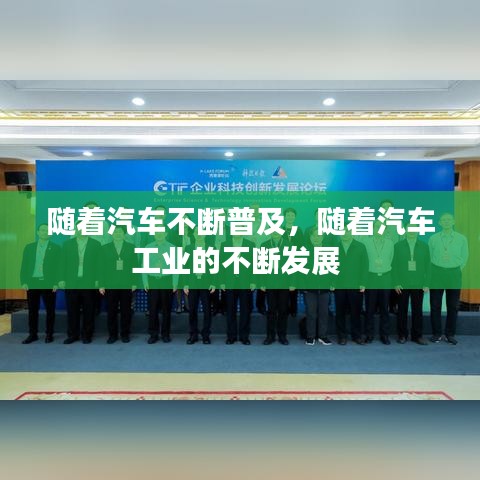<!DOCTYPE html>
Impact of the Increasing Popularity of CarsIntroduction
Over the past century, the automobile has revolutionized the way we live, travel, and interact with our environment. Starting from the early 20th century, cars have gradually become an integral part of modern society. This article explores the various aspects of the increasing popularity of cars and its implications on our lives.
Economic Growth and Industrialization
The rise of the automobile industry has been a significant driver of economic growth and industrialization. As cars became more affordable and accessible, they created new markets and employment opportunities. The automotive industry has become one of the largest in the world, contributing to the global economy through manufacturing, sales, and services.
Urbanization and Infrastructure Development
With the widespread adoption of cars, urbanization has accelerated. People moved from rural areas to cities in search of better job prospects and a higher standard of living. This migration led to the expansion of cities and the development of extensive road networks and transportation infrastructure. However, it also brought challenges such as traffic congestion and increased pollution.
Transportation Efficiency and Convenience
One of the most significant benefits of the car's popularity is the improvement in transportation efficiency and convenience. Cars provide individuals with the freedom to travel at their own pace and schedule, reducing dependency on public transportation. This has greatly enhanced mobility and accessibility, particularly for those living in suburban or rural areas.
Social Changes and Mobility
The car has also played a crucial role in shaping social changes. It has become a symbol of status and mobility, with many people aspiring to own a car. This has led to a shift in lifestyle and values, with an emphasis on personal freedom and independence. The car has also facilitated the growth of tourism and the development of leisure activities.
Environmental Concerns and Sustainable Alternatives
While the popularity of cars has brought numerous benefits, it has also raised significant environmental concerns. The increased number of vehicles on the road has led to higher levels of air pollution and greenhouse gas emissions, contributing to climate change. This has prompted a search for sustainable alternatives, such as electric vehicles (EVs) and public transportation systems.
Technological Advancements and Autonomous Vehicles
Technological advancements in the automotive industry continue to shape the future of transportation. Innovations such as hybrid and electric engines, advanced safety features, and autonomous driving technology are changing the way we think about cars. Autonomous vehicles, in particular, have the potential to revolutionize the transportation landscape, offering increased safety, efficiency, and accessibility.
Economic and Social Impacts of Electric Vehicles
The growing popularity of electric vehicles (EVs) is a testament to the industry's commitment to sustainability. EVs have fewer emissions than traditional gasoline-powered vehicles, making them a more environmentally friendly option. The increased adoption of EVs also has economic and social implications, including the development of new industries, job creation, and changes in energy consumption patterns.
Conclusion
With the increasing popularity of cars, it is evident that they have become an indispensable part of our lives. While they have brought about numerous benefits, such as economic growth, transportation efficiency, and social mobility, they have also presented challenges like environmental degradation and traffic congestion. As we continue to embrace the automobile, it is crucial to address these challenges and strive for a more sustainable and equitable transportation system.
转载请注明来自武汉雷电雨防雷工程有限公司,本文标题:《随着汽车不断普及,随着汽车工业的不断发展 》












 鄂ICP备19026574号-1
鄂ICP备19026574号-1
还没有评论,来说两句吧...